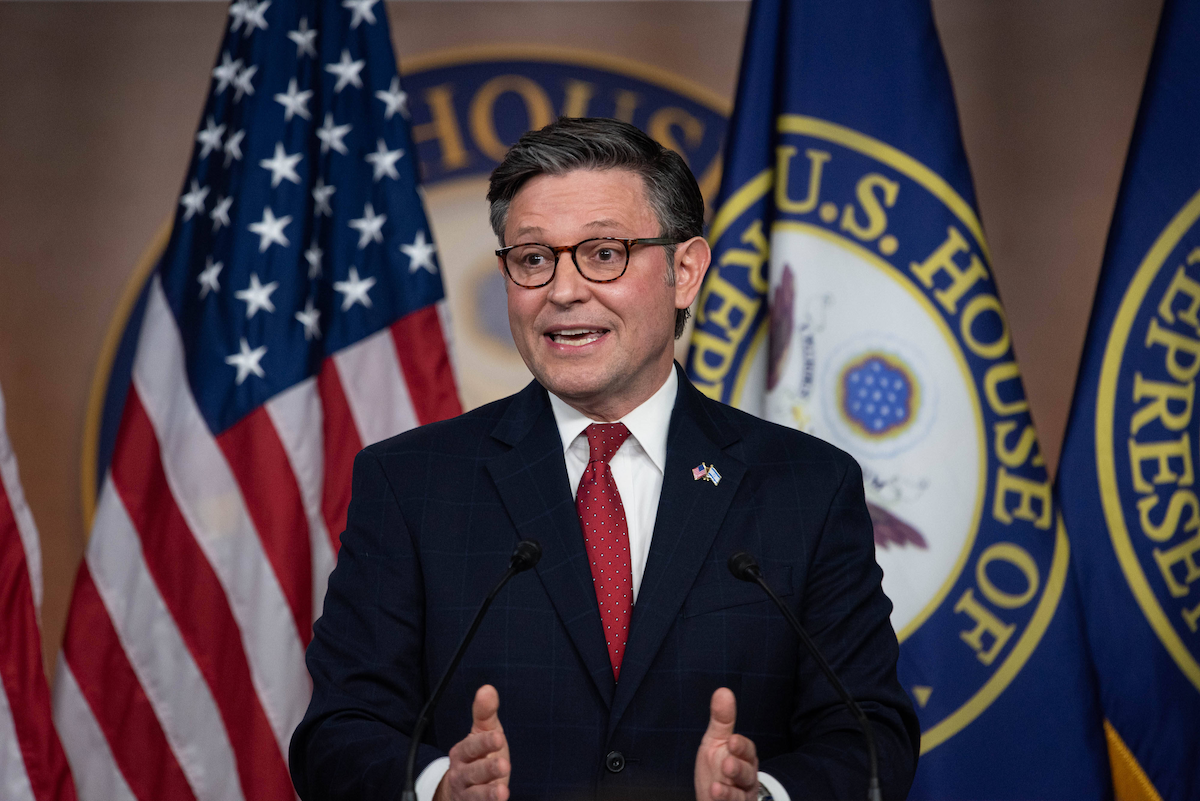New Speaker Mike Johnson managed to wrangle enough votes to avoid a government shutdown late Tuesday, relying on 209 Democrats and 127 Republicans to pass a bill to allow the US government to keep functioning into 2024. The Senate approved the measure on Wednesday, sending it to President Joe Biden for his signature. Had the House not acted, the government would have run out of money at midnight on Friday.
Johnson, a Republican from Louisiana, has been speaker for less than a month. He took over after a convoluted internal struggle that followed the ouster of Kevin McCarthy by members of the far-right Freedom Caucus, who were pushing for the Republicans to shut down the government to force the Biden administration to spend less money. Johnson ended up presenting a similar stopgap bill to the one that Republicans could not swallow from McCarthy.
The agreement Tuesday takes the pressure off, but it will likely be a brief respite. The funding will run out for some programs — military construction, veterans’ affairs, transportation, housing, and the Energy Department — on Jan. 19, while other programs are funded until Feb. 2. The brinksmanship over the next round will begin again soon, and Republicans — who are pushing for spending cuts and tougher border security measures — are not likely to give way easily. Intense struggles within the GOP make it hard to predict what Congress will do after the Thanksgiving break.
The bill did not include military aid for Israel and Ukraine. Democrats have sought to link military aid for Israel – for which there is bipartisan support – to support for Ukraine, which a growing number of Republicans are likely to resist.
The
continued success of Ukraine in resisting Russian aggression hinges on continued military support from the United States. In Europe, meanwhile, Hungarian leader Viktor Orbán has threatened to veto EU aid packages for Ukraine. So both sides of the Atlantic are seeing political struggles that may ultimately decide what happens on the ground in Ukraine.
